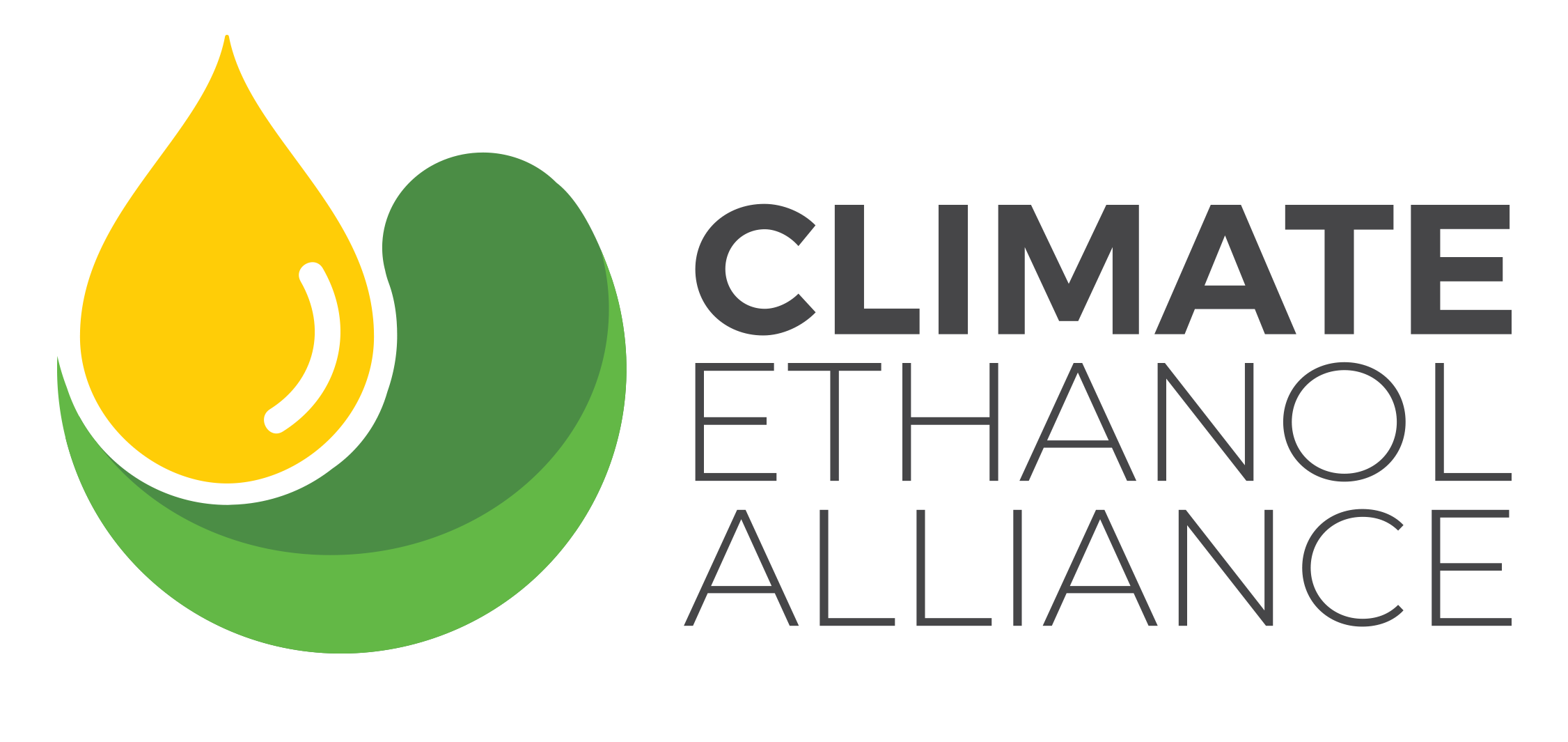We need sustainable biofuels if we are to reach our climate targets in the transport sector as set out in the Paris Agreement.
That’s the message that was driven home by the Climate Ethanol Alliance at this year’s UNFCCC Climate Conference, COP23, in Bonn, Germany.
Ethanol Europe created the CEA and brought together several Ethanol Producers from around the world to promote ethanol at COP23 as a climate solution that works in today’s petrol transport fleet.
Over 2 weeks the CEA made the case for ethanol to policy makers, key stakeholders and the world media at the largest climate conference in the world.
“We’re here because we want to represent the Ethanol Industry” said Mark Turley, CEO of Pannonia Ethanol “Which we believe for COP 23 is a solution that we actually produce for today’s problems – Not for 2040, not for 2050, but for today’s problems today”
Ethanol is primarily used as low carbon sustainable fuel to displace high carbon unsustainable fossil liquid fuels in petrol engines. Ethanol is a high-octane fuel that enables modern engine technologies to produce smaller and more efficient engines, thereby generating less greenhouse gases.
In most EU countries ethanol is blended in petrol. The most widely available ethanol blended fuel on the market in the European Union is E5, which has up to 5% ethanol blended into petrol. E10 (10% ethanol in the fuel) is available in Belgium, France, Germany and Finland, and its introduction is planned for other countries, based on its substantial climate benefits.
E10 has long been available throughout the US.
“Ethanol is a real true product.” said Mark Marquis of Marquis Energy.
“It’s renewable, it helps the environment, it creates jobs in agriculture, creates jobs in the plants where it is built. So I think there’s a real truism there.”
Ethanol blends can be used in modern vehicles without any need for modification of the engine or fuel system.
“If we are to go to a low carbon energy future, you need a whole mix of technologies” said Adam Browne, Senior Energy Analyst at the IEA
“Our scenarios show that bioenergy is an important component of that. In the transport sector that means biofuels, because biofuels are one of the few ways that you can decarbonise some sectors, particularly long haul transport.” With electromobility seen by many as a silver bullet to climate targets in the transport sector, the concern is that biofuels and ethanol are not being taken seriously enough as bridge technologies.
“I think they should be taken more seriously” said Steffan Mueller, Principal Economist in Biofuels at the University of Illinois Chicago.
I think we have addressed in many different scientific publications many of the concerns pertaining to food vs fuel, pertaining to land use expansion. Those concerns have been addressed”
“Ethanol and Biofuels are leading the way in reducing Greenhouse Gas Emissions” said Chris Bliley of Growth Energy “not only in the US, but globally as well. So its important to show the benefits that we can to the US and the countries around the world; to show what can be done to combat climate change”
Globally, the International Energy Agency reports that biofuels will supply a remarkable 93 percent of global renewable energy consumed in road travel by 2022, even with the addition of more EVs. Over that same period, global biofuel production is expected to increase at least 16 percent.
By 2050, biofuels will deliver 42% of GHG savings in transport according to the International Energy Agency, confirming their position as the principle technology in transport decarbonisation.
Corn Ethanol makes up over 50% of all biofuels used in the world today. It is a sustainable solution to climate change that can be used immediately. It needs to be recognised as such.

